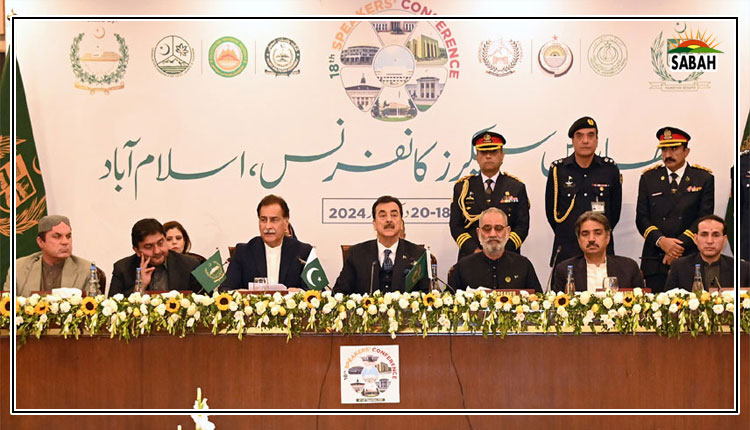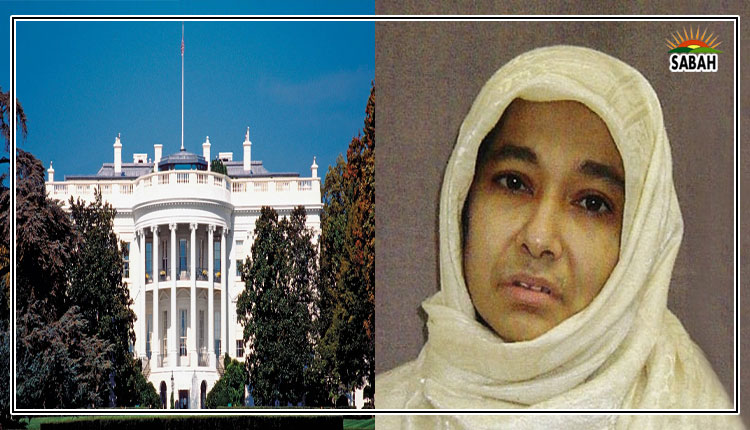Amendments for devolution By Aasiya Riaz
As we celebrate the fact that the second phase of local government (LG) elections in Karachi and Hyderabad divisions took place, let us pause to remind ourselves that the term of elected governments in Sindh expired more than two years ago on August 30, 2020.
Such delaying tactics regarding the LG elections have not been employed by just one province. An overview of the current status of LG elections across provinces speaks volumes about the ‘priority’ attached by our governments to devolving power to the third and most crucial local tier.
Traversing through a complex timeline of provincial excuses, various Supreme Court and high court judgments and warring political parties on the timing and process of elections is like attempting a walk across a complex maze. This is precisely why the tenacity of the ECP in trying to hold LG elections in the face of frequent hurdles created by governments must be fully appreciated.
Take for instance the case of Pakistan’s largest province Punjab, where the term of local governments was truncated first in April 2019 before its restoration by the Supreme Court and fresh LG elections were due to be held within 120 days after expiry of term on December 31, 2021. For the past year, the ECP has faced several issues posed by the Punjab government in holding delimitation for LGs. The schedule of the LG elections is announced for April 2023 though their fate still hangs in balance.
In Khyber Pakhtunkhwa, where the term of local governments expired on August 28, 2019, the first phase of LG elections could only be held on December 19, 2021 after the ECP rejected the government plan to hold these elections in three phases. The 2nd phase, scheduled to be held on January 16, 2022, was postponed by the Peshawar High Court (PHC). After the Supreme Court suspended the PHC order, the second phase of elections took place on March 31, 2022 to put in place elected local governments in KP after a gap of nearly two and a half years.
In Balochistan, the first phase of LG elections in 32 districts were held on May 29, 2022 — a year and a half after expiry of term of local governments on January 31, 2019 though the ECP’s initial plan was to hold elections by August 2019. Elections in the remaining districts were held six months later on December 11, 2022 while the second phase of elections in 32 districts was completed on December 14, 2022. Elections in Quetta, scheduled to be held in August 2022, were suspended by the Balochistan High Court in June 2022.
From legal change to amending rules to imaginary issues in delimitation to security threats or weather conditions, governments have used every possible delaying tactic in holding LG elections. The federal government has also joined the fray by approving an amendment in the Islamabad Capital Territory Local Government Act, 2015 nine days before polling to force a delay in ICT LG elections scheduled for December 31, 2022.
The dreadful disdain for empowered local governments is not reserved to delaying elections alone. Every law governing the scope of local governments is created to effectively subvert the process of devolving effective administrative and financial powers. Since our constitution has left powers of legislation on LGs for respective assemblies, each LG law harps on a different tune. On central and meaty issues, there is neither agreement on powers to be devolved nor consensus on financial devolution, let alone on tiers, terms and mode of elections.
While abrogating, subverting, or suspending the supreme law of the land results in the offender being found guilty of high treason, almost every LG law has built-in provisions of suspension or dismissal of local governments elected by the votes of the very citizens who also elect national and provincial representatives. On effective financial and administrative devolution of power to local governments, our political parties that have been voted in power in the centre and provinces in the past two decades have proved they harbour just as many dictatorial tendencies, if not more than real dictators, when it comes to sharing of powers and resources. What then is the way forward in democratically wresting powers for empowered local governments?
Articles 32 and 37(i) in part and Article 140A of our constitution make it obligatory for federal and provincial governments to devolve political, administrative and financial powers to local governments. However, unlike Part III and Part IV of the constitution, devoted to the federation of Pakistan and the provinces respectively, similar details have not been allotted to local governments in our constitution.
Much like Pakistan, panchayats, as local governments are referred to in India, got just a mention initially in the Directive Principles of State Policy in the Indian constitution. Article 40 of the Indian constitution stated that each state “should take steps to organise village panchayats and endow them with such power and authority as may be necessary to enable them to function as units of self-government.” By the mid-1960s, panchayats had reached all parts of India though as witnessed in Pakistan, each Indian state created different legal structures.
Having learnt from this, in 1992-1993 India opted to pass detailed constitutional amendments on local governments. The statement of objects and reasons for these constitutional amendments reads as if equally applicable to Pakistan as it noted absence of regular elections, prolonged supersessions, insufficient representation of weaker sections and inadequate devolution of powers and lack of financial resources.
The 73rd and 74th constitutional amendments in India made it mandatory for Indian states to establish a three-tier system of panchayats at the village, intermediate and district levels and municipalities in urban areas. Parts IX of the Indian constitution dealing with panchayats defines catchment area, mode of election, tenure, election before expiry of tenure and requirement of reserved seats while 11th Schedule specifies their powers. Similarly, Part IXA dealing with municipalities defines three types of municipalities for urban areas, the finance commission to determine distribution of net proceeds of taxes, duties, tolls and fees between states and municipalities while the 12th schedule carries subjects in the domain of municipalities.
Pakistan’s experience also tells us that our way forward for empowered local governments may also be through a constitutional amendment.










